Several factors affect the energy efficiency of a window. It is useful to understand how differences in these factors contribute to both the overall cost of the window as well as the overall savings you will get from the improved efficiency. Here are the key areas to pay attention to when shopping for energy efficient windows.
Number of PanesThe factor that has perhaps the greatest impact on a window’s energy efficiency is the number of panes (single-, double-, or triple-pane). The greater the number of panes, the less heat transference can occur. Double-pane windows will be up to 50% more efficient than single-pane, and triple-pane will be 80-90% more efficient. While single-pane windows are cheaper and let in more light, they have the greatest heat transference. Multi-pane windows are filled with either gas or still air between the layers, creating more of a barrier between the outdoors and the building interior. This helps stabilize interior temperatures immensely. The number of panes also affects condensation, noise penetration, and security.
Type of Gas between PanesThe denser a gas is the more resistance it has to thermal conductivity. This creates a more stable interior environment. The first window filler was “dead air,” or air that did not move. However, when manufacturers widened the gap between the panes to increase energy efficiency, they found that the air would begin to shift between the panes, increasing the rate of heat loss rather than preventing it. However, gasses heavier than air, such as argon and krypton, remain still and became the preferred filling for multi-paned windows. These inert gasses are colorless, odorless, and completely safe to breathe in case of a leak. Argon is the most common gas used. Krypton is denser, and xenon is denser still. Sometimes gas blends are used instead of a single element. However, krypton and xenon are significantly more expensive than argon with only incremental increases in energy efficiency, making argon the most cost-effective gas fill choice.
Low Emissivity Glass CoatingsIt has become an industry standard to increase energy efficiency in windows by applying special glass coatings that deflect UV and infrared light while not interfering with the transmission of visible light. Not only does this reduce heat transference, but it also helps preserve furniture, drapes, carpeting, paintings, and other items within your home from fading or breaking down in the sunlight. The most popular Low Emissivity (Low-E) glaze is applied to the inner glass surface, producing a compounded effect in multi-pane windows. Low-E windows can reflect 40-70% of the heat that is normally transmitted through clear glass. Other commonly applied coatings include heat absorbing coatings (to reduce solar heat gain) and reflective glass coatings (reducing the passage of light and solar transmittance).
Frame and Spacer MaterialsThe coldest areas on any window will be the edges. Sometimes this is caused by gaps, weather stripping failure, or conductive spacers and frames. Just as it’s important for the gas fill to resist thermal conductivity, it is also important for frames and spacers, which have a physical connection to the interior and exterior surfaces without a buffer. Both aluminum spacers and frames will be among the cheapest options, but aluminum will also have the worst energy performance. For spacers, plastic, foam, rubber, or steel will work best. Good frames should provide further insulation for the windows. Some of the best materials for frames are vinyl and fiberglass with wood being a decent alternative. However, wood needs to be carefully maintained to avoid rotting and paint failure.
The average home loses 30-40% of its energy through windows, so it’s useful to know which energy efficient window options can help homeowners save the most money. Different materials, numbers of window panes, or glass coatings may be preferred in different regions, so if you are shopping for new windows, make sure you understand what is recommended for your area. For more information about energy efficient windows in Pittsburgh, contact Legacy Remodelling.
Subscribe to Legacy Remodeling's Blog





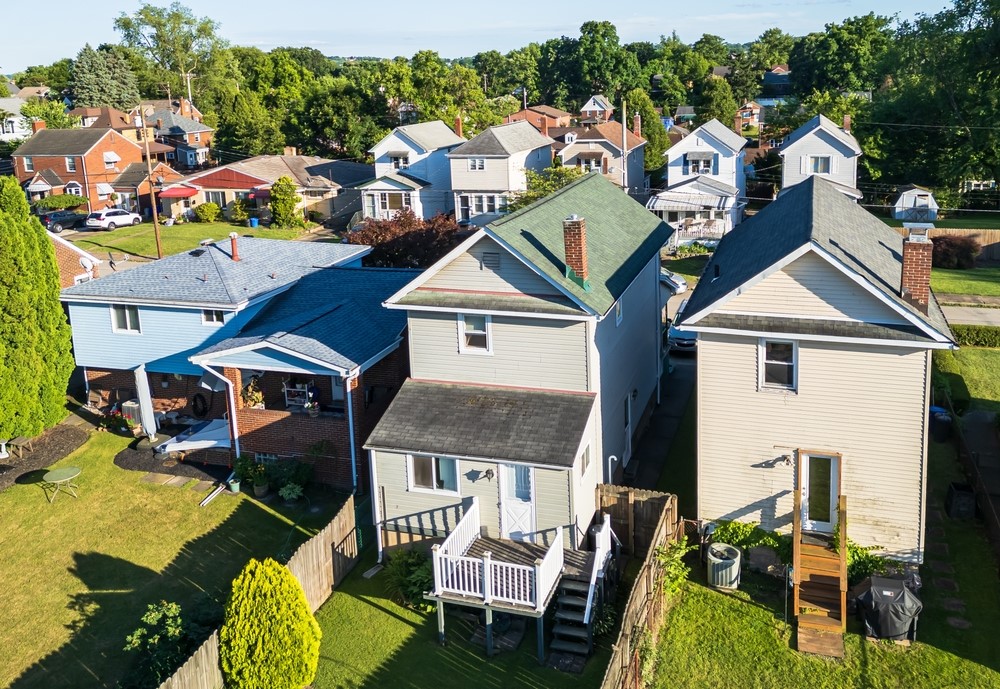
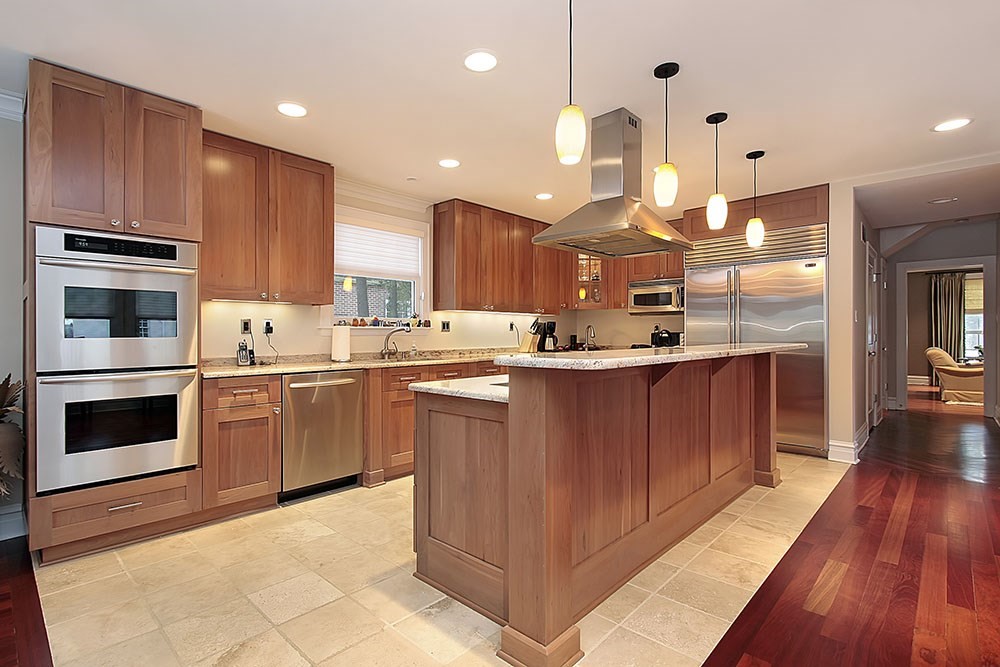
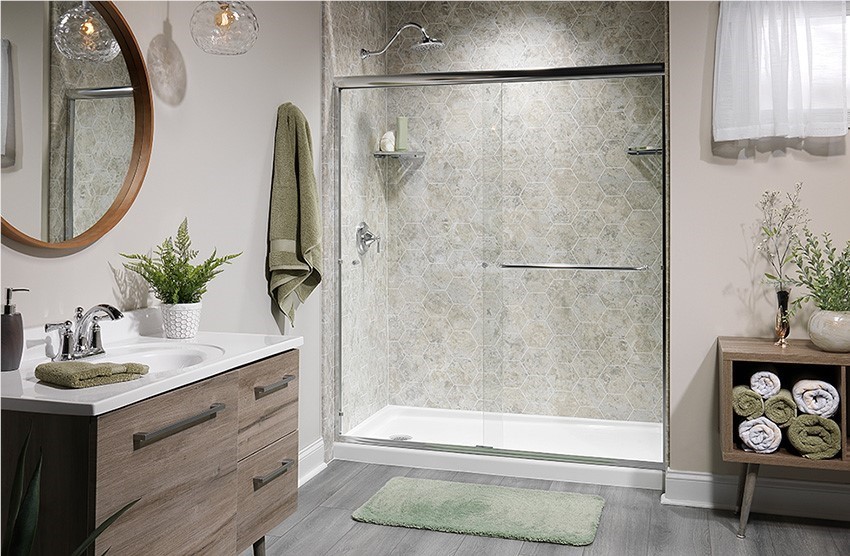
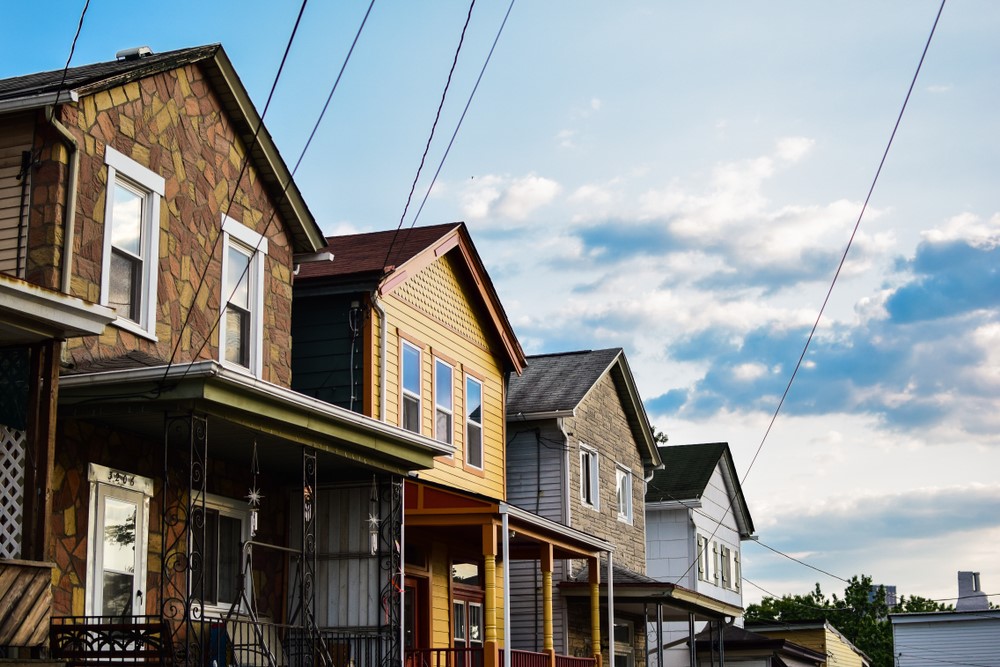
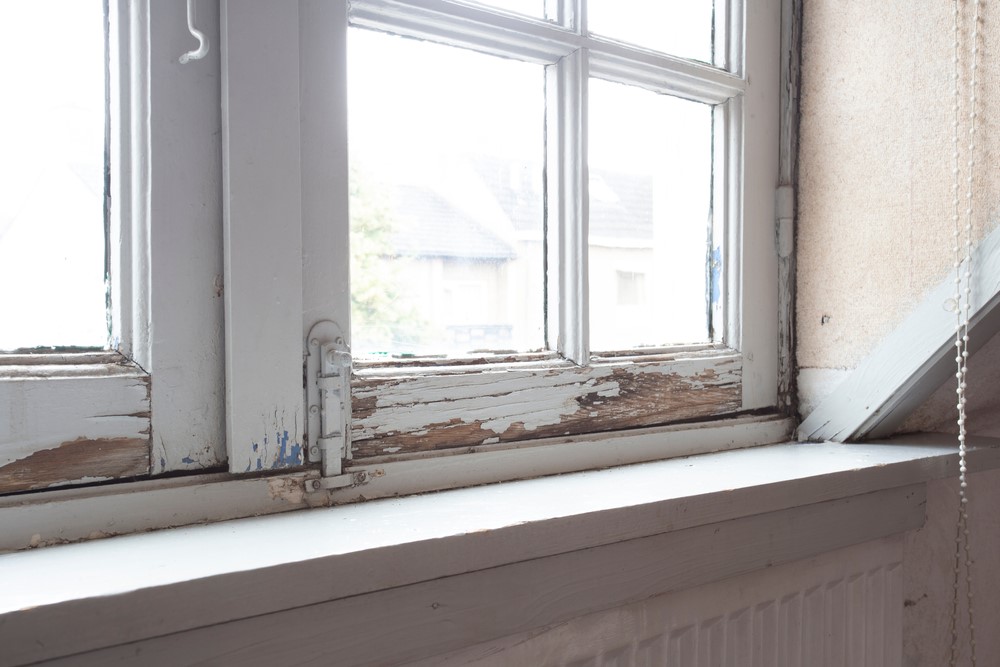

Comments